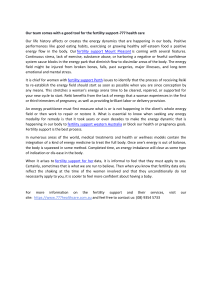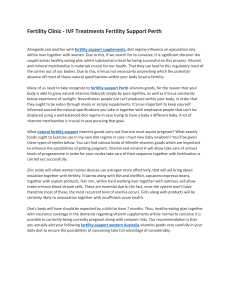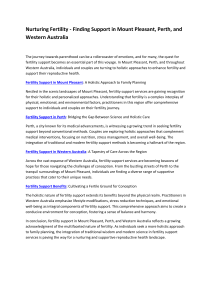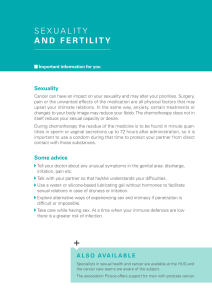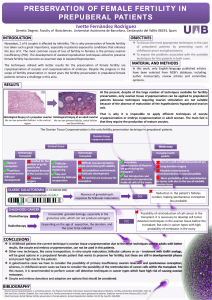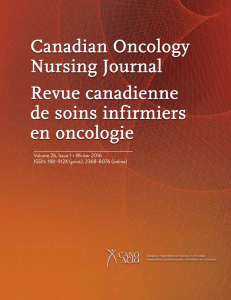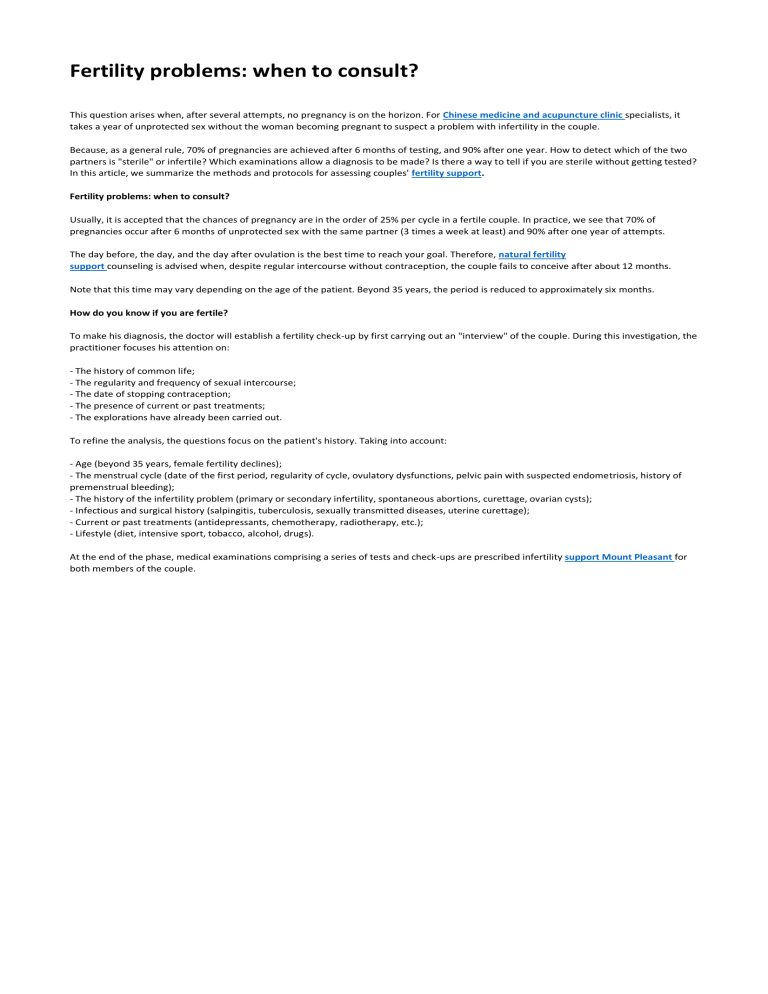
Fertility problems: when to consult? This question arises when, after several attempts, no pregnancy is on the horizon. For Chinese medicine and acupuncture clinic specialists, it takes a year of unprotected sex without the woman becoming pregnant to suspect a problem with infertility in the couple. Because, as a general rule, 70% of pregnancies are achieved after 6 months of testing, and 90% after one year. How to detect which of the two partners is "sterile" or infertile? Which examinations allow a diagnosis to be made? Is there a way to tell if you are sterile without getting tested? In this article, we summarize the methods and protocols for assessing couples' fertility support. Fertility problems: when to consult? Usually, it is accepted that the chances of pregnancy are in the order of 25% per cycle in a fertile couple. In practice, we see that 70% of pregnancies occur after 6 months of unprotected sex with the same partner (3 times a week at least) and 90% after one year of attempts. The day before, the day, and the day after ovulation is the best time to reach your goal. Therefore, natural fertility support counseling is advised when, despite regular intercourse without contraception, the couple fails to conceive after about 12 months. Note that this time may vary depending on the age of the patient. Beyond 35 years, the period is reduced to approximately six months. How do you know if you are fertile? To make his diagnosis, the doctor will establish a fertility check-up by first carrying out an "interview" of the couple. During this investigation, the practitioner focuses his attention on: - The history of common life; - The regularity and frequency of sexual intercourse; - The date of stopping contraception; - The presence of current or past treatments; - The explorations have already been carried out. To refine the analysis, the questions focus on the patient's history. Taking into account: - Age (beyond 35 years, female fertility declines); - The menstrual cycle (date of the first period, regularity of cycle, ovulatory dysfunctions, pelvic pain with suspected endometriosis, history of premenstrual bleeding); - The history of the infertility problem (primary or secondary infertility, spontaneous abortions, curettage, ovarian cysts); - Infectious and surgical history (salpingitis, tuberculosis, sexually transmitted diseases, uterine curettage); - Current or past treatments (antidepressants, chemotherapy, radiotherapy, etc.); - Lifestyle (diet, intensive sport, tobacco, alcohol, drugs). At the end of the phase, medical examinations comprising a series of tests and check-ups are prescribed infertility support Mount Pleasant for both members of the couple.
